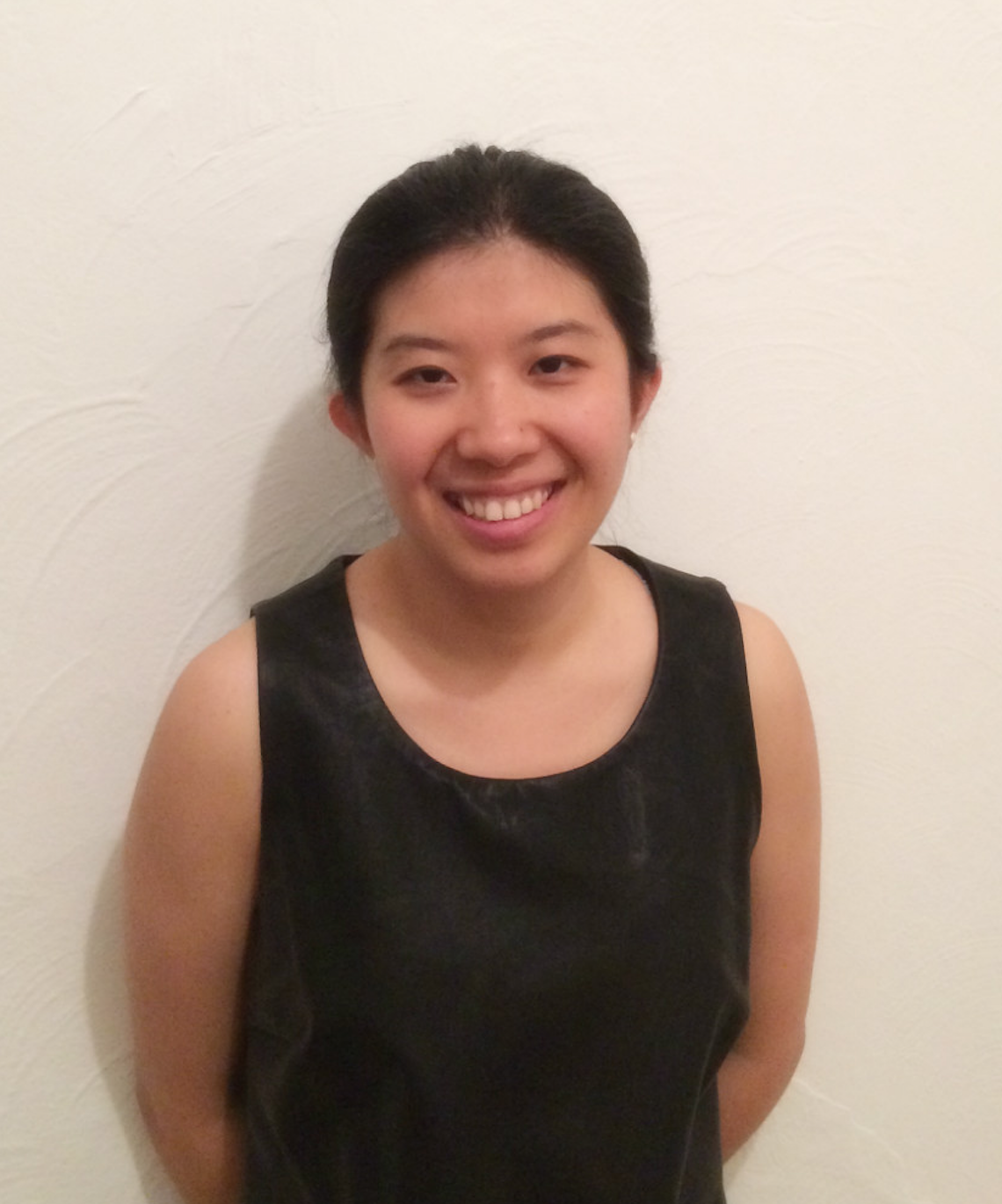
Wei He talks about the inspiration for her play “My Birthday Party,” her image-driven writing style, and her advice for young writers.
What was your inspiration for this play?
I got the idea for the story on my twenty-sixth birthday. I was going through a weird phase back then. I was experiencing something strange yet familiar, something that I couldn’t give a name to. So I wrote this play to help me figure out what I was doing with my life, to help me survive youth. I felt very close to the main character. It was like witnessing the life of an imaginary friend through the ten years between age twenty-six to thirty-six.
Also, at that time, I was obsessed with monologues “Thom Pain” by Will Eno, “The Fever” by Wallace Shawn, etc. In a monologue, the entire world is constructed through the lens of the narrator. The narrator’s conceived reality is the only reality audiences have access to. Though the line between the character’s interiority and external world is blurry, the narrator’s impressions of the invisible characters convey distilled images of them that make them present and tangible. Conor McPherson said: “…But with one actor talking only to the audience, what we have in front of us is a guide. He’s telling us about somewhere outside the theatre, not trying to recreate it indoors. The theatre is simply where we meet him. And if it’s good, we’re reminded that we are in the theatre and we like being there.”
What do you want the audience to come away with?
The play received a public reading in Buffalo in August. After the reading, an audience member told me the play made him think about what happened to the person who did not make the current choice that was made. The decisions that were not made would veer back into one’s life. That sounds like a good answer to this question.
What projects are you working on now?
I am working with a composer on an opera right now. Our last collaboration went very well. We’re trying something very different this time. I’m also revising a full-length play about a thief. The story is set in China, but the play is in English.
What playwrights have inspired you?
I’ll just list a few names here: Chekhov, Harold Pinter, Annie Baker, Will Eno, Wallace Shawn, Paula Vogel and two Chinese playwrights, Guo Shixing and Ho Jiping.
What advice do you have for playwrights starting out?
I consider myself a playwright who just started out. The advice I would give myself at this point is simply to keep trying. No matter what you’re told, go read plays, lots of them, go see productions (when you have money) and keep writing.
Is there anything else you would like to add?
Writing in a foreign language has been quite an adventure for me, fun and challenging. Some people have pointed out that there are a lot of images in my writing. I guess the influence comes from my mother tongue. Mandarin is an image-driven language; each character looks like a picture of stick figures.
Wei He is a bilingual playwright and fiction writer who grew up in Inner Mongolia, China and now lives in Cleveland, Ohio. She holds an MFA degree in Dramatic Writing from Carnegie Mellon University.
Her fiction, poetry and plays in English and Mandarin have been published internationally in the United States, Mainland China and Taiwan. Her screenplay, Paper Dragonfly, will be published by China Film Press next year. And she is proud of her secret recipe of Sand-Wei-ch.
